In a landmark development for public health in Nigeria, the country has recently received its first batch of malaria vaccines, setting the stage for a comprehensive rollout aimed at combating one of the most devastating diseases affecting its population. This initiative, spearheaded by UNICEF in collaboration with the Nigerian government and other international partners, is a crucial step towards addressing the immense burden of malaria, particularly among children under five, who are the most vulnerable to the disease.
Nigeria accounts for approximately 27% of global malaria cases, with the World Health Organization (WHO) reporting over 51 million cases in 2021. This staggering figure translates to roughly 207,000 deaths, primarily affecting young children. Given the country’s unique challenges—such as widespread poverty, inadequate healthcare infrastructure, and rising insecticide resistance—effective preventive measures have become increasingly urgent. The introduction of the malaria vaccine, known as RTS,S/AS01 (trade name Mosquirix), promises to enhance existing malaria control strategies.
The arrival of the malaria vaccine is particularly significant, as it represents a new weapon in the fight against the disease. In clinical trials, RTS,S demonstrated about a 30% reduction in severe malaria cases in young children. This is especially important in Nigeria, where the disease remains a leading cause of morbidity and mortality. UNICEF has announced that the first phase of the vaccination campaign will target six high-burden states: Lagos, Kano, Enugu, Ebonyi, Cross River, and Zamfara. The goal is to vaccinate over 1.2 million children aged six months to two years in the first year of the campaign, with plans for expansion in subsequent phases.
The implementation of the vaccine rollout will involve meticulous planning and community engagement. Health workers will be trained to administer the vaccine and monitor any potential side effects. Furthermore, UNICEF and local health authorities will collaborate to establish a robust distribution network that ensures vaccines reach even the most remote and underserved areas. Engaging communities will be critical to overcoming vaccine hesitancy, with ongoing public education efforts aimed at informing parents about the importance and safety of the vaccination.
The expected impact of the malaria vaccine extends beyond immediate health outcomes. By significantly reducing the incidence of malaria, the vaccine could lead to substantial savings in healthcare costs for families and the Nigerian government. Fewer hospital visits and treatments for malaria would allow for better allocation of resources to other pressing health needs. Moreover, healthier children are more likely to attend school regularly, leading to improved educational outcomes, which in turn can have long-lasting socio-economic benefits for families and communities.
However, the path forward is not without its challenges. Ensuring a consistent supply of vaccines, addressing public concerns, and integrating the vaccination program with existing health initiatives are crucial for the success of this campaign. The Nigerian government, alongside international partners, must remain vigilant in countering misinformation and ensuring that communities are adequately informed about the benefits of vaccination.
In conclusion, the recent arrival of malaria vaccines in Nigeria marks a pivotal moment in the country’s public health efforts. With the support of UNICEF and a concerted effort from local health authorities, the upcoming vaccination campaign holds the promise of saving countless lives and significantly reducing the burden of malaria. As Nigeria embarks on this new chapter in malaria prevention, it not only addresses an immediate health crisis but also paves the way for a healthier, more prosperous future for its children and communities.


